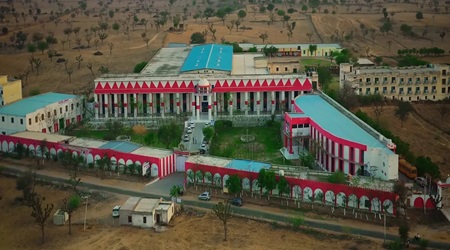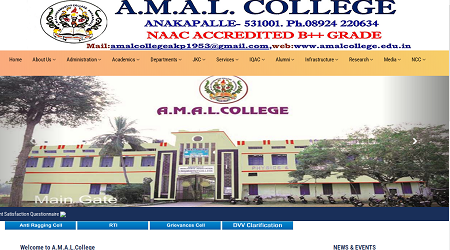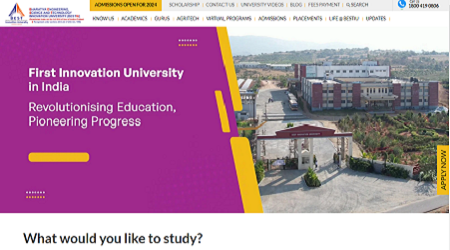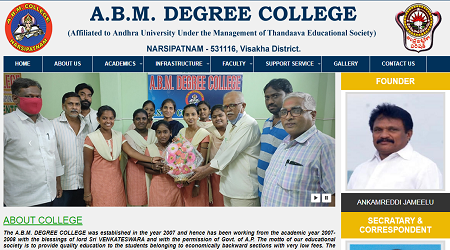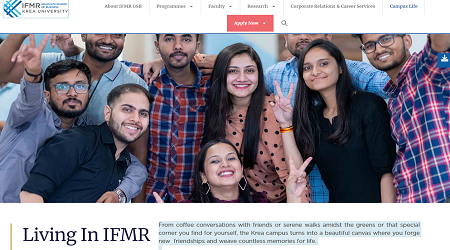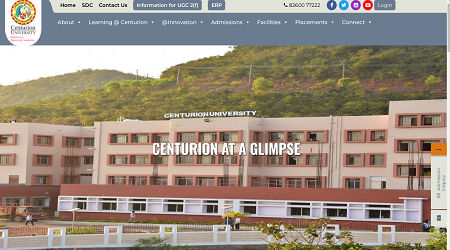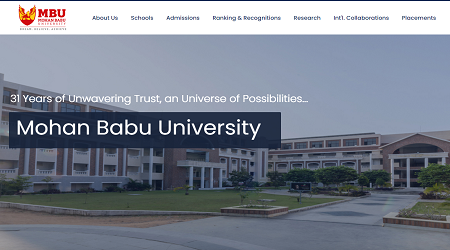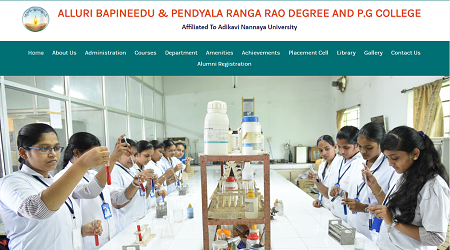MA Persian Course Syllabus
MA Persian Course admission MA Persian Course admission 2023 MA Persian Course application deadline is PhD in English degree from Alliance University valid MA Persian Course courses MA Persian Course fees MA Persian Course entrance exam 2023 MA Persian Course fee structure MA Persian Course review MA Persian Course student verification how can i get PhD in English admission in Alliance University MA Persian Course admission age limit MA Persian Course admission application form MA Persian Course admission advertisement MA Persian Course admission brochure MA Persian Course admission criteria MA Persian Course admission consultants MA Persian Course admission documents required MA Persian Course admission details MA Persian Course admission eligibility MA Persian Course admission entrance exam MA Persian Course admission fees MA Persian Course admission guidelines by ugc MA Persian Course admission guidance MA Persian Course admission help MA Persian Course admission last date MA Persian Course admission latest notification MA Persian Course admission news MA Persian Course admission online MA Persian Course admission process MA Persian Course admission percentage MA Persian Course admission qualification MA Persian Course admission questions MA Persian Course entrance question paper MA Persian Course admission without entrance MA Persian Course admission Form pdf MA Persian Course Syllabus MA Persian Course Syllabus pdf PhD in English admission Alliance University MA Persian Course admission Helpline MA Persian Course admission Contact Details MA Persian Course admission Registration MA Persian Course Direct Admission is MA Persian Course Degree Valid in Abroad MA Persian Course admission Important Dates MA Persian Course Entrance Exam Pattern MA Persian admission 2024-25 MA Persian entrance exam 2024-25 MA Persian Syllabus 2024-25Master of Arts in Persian
|
|
|
|
Syllabus of Persian as prescribed by various Universities and Colleges.
THREE_BUTTON
M.A. Persian Syllabus Semester I |
| Modern Persian Literature (i) Prose (ii) Poetry-I |
| Classical Persian Literature (i) Prose (ii) Poetry-I |
| Persian Prosody |
Communication Skills (Written & Oral)-I
|
M.A. Persian Syllabus Semester II |
| Modern Persian Literature (i) Prose (ii) Poetry-II |
| Classical Persian Literature (i) Prose (ii) Poetry-II |
| Communication Skills (Written & Oral)-II |
| History of Iranian Languages (Pahlavi, Farsi, Dari, Tajik. |
M.A. Persian Syllabus Semester III |
| Socio-Cultural History of Iran |
| Modern Persian Literature (i) Prose (ii) Poetry-I |
| Communication Skills ( Advance Level) Written & Oral)-I |
| Classical Persian Prose-II |
| Mystical (Sufi) Literature-I |
| Mystical (Sufi) Literature-II |
M.A. Persian Syllabus Semester IV |
| Socio-Cultural History of Persian Speaking Regions |
| Modern Persian Literature (i) Prose (ii) Poetry-II |
| Communication Skills ( Advance Level) Written & Oral)-II |
| Classical Persian Prose-III |
| Classical Persian Poetry-III |
| Mystical (Sufi) Literature-III |
MA in Persian Complete Details
ADMISSION PROCESSELIGIBILITY CRITERIA
ENTRANCE EXAMSAPPLICATION PROCESS
SYLLABUS ADMISSION LAST DATE
JOB SCOPE AND FUTUREDOCUMENTS REQUIRED
INDIA’S TOP COLLEGESINDIA’S TOP UNIVERSITY
Master of Arts in Persian Complete Syllabus
Syllabus of Persian as prescribed by various Universities and Colleges.
| Part I (Entire/Principal) | |
| Sr. No. | Subjects of Study |
| Papers I |
|
| Unit I |
|
| Unit II |
|
| Unit III |
|
| Unit IV |
|
| Unit V |
|
| M.A. First Entire Paper II / Principal II | |
| Modern Persian Prose & Poetry | |
| Prose |
|
| Poetry |
|
| Unit I | Sheerin Kala, Madar-I Zan, Baha-I Ishq |
| Unit II | Adham-i Pinadoz, Az In dar ya Az Aan dar, Lectures pertaining to Persian prose |
| Unit III | Poems of Nema Youshej and Bamdad (Ahmad Shamlu) |
| Unit IV | Poems of Farugh Farrukhzad Lectures pertaining to Modern Persian Poetry |
| Unit V | General lectures on Modern Persian Prose and Poetry |
M.A. First Entire Paper III /Principal Paper III History of Literature | |
| Persian Literature in Iran from A.D. 1600 up to the Modern Times | |
| Unit I |
|
| Unit II |
|
| Unit III |
|
| Unit IV |
|
| Unit V | Persian prose during the last four centuries:- The orthodox shah faith and exponents, the Mujtahids & Mullas |
| Unit VI |
|
| Entire Paper IV/Principal IV | |
| |
| Unit I |
|
| Unit II |
|
| Unit III |
|
| Unit IV |
|
| Unit V |
|
| Hazarat Amir Khusrau | |
| Unit I |
|
| Unit II |
|
| Unit III |
|
| Unit IV |
|
| Unit V |
|
| M.A. Paper-V (Entire) | |
| Contemporary Persian Language and Literature | |
| Unit I | A detailed account of new trends in Modern Persian prose |
| Unit II | A detailed account of new Trends in Modern Persian Poetry |
| Unit III | Comparison between classical and Modern Persian prose and poetry |
| Unit IV | Drama- Novel |
| Unit V | Short Story writing and literary criticism |
| M.A. Part II (Entire Paper VI /Principal Paper V) | |
| Grammar and Modern Writing | |
| Unit I | Nouns & Pronouns, Adjectives, Verbs, Prefixes, Suffixes |
| Unit II | Advanced Translation from Persian into English and vice versa pertaining to Science, Technology |
| Unit III | Industry and Banking |
| Unit IV | High-Level Essays on various subjects Unit V |
| Unit V | Dialogue writings on various subjects |
| Entire Paper VII /Principal VI | |
| |
| Unit I |
|
| Unit II |
|
| Unit III |
|
| Unit IV |
|
| Entire Paper VIII /Principal Paper VII | |
| Text |
|
| Unit I | Shair-e-Marg, Inteqad, Ashti Ba Adabiyat |
| Unit II | Adl, Akhri Shab – Life and Works of Author |
| Unit III | All poems of Nadir Nadipur Life and Works of the Poet |
| Unit IV | Mano Chehar Atishi – Sohrab Sepehri |
| Unit V | Comparative study of the Poets – Modern Trends in Poetry |
| Entire Paper IX /Principal Paper VIII | |
| Unit I | Research Methodology – Its aims and objects – Pin point of the subject. |
| Unit II | Method of Data Collection and its classification, Transliteration, References, Bibliography, Index, conclusion Unit |
| Unit III | Method of Paper – Writing – Thesis writing |
| Unit IV | Makhtuta Shenasi, Editing of the Text |
| Unit VI | Different Trends in Research Methodology comparative Research Methodology Critical evolution of the work (Poetry and Prose) |
| Entire Paper X: Special Study – Iqbal | |
| Books recommended: | |
| |
| M.A. First (Subordinate (Persian) | |
| Paper I | |
| Text |
|
| Unit I | General Questions, Life & Works of the Poets |
| Unit II | Development of Ghazal up to Hafiz, Hafiz as a Ghazal writer Tr & Explanation of Ghazals 1 to 10 |
| Unit III | Tr & Explanation of Ghazals 11 to 20 |
| Unit IV | Development of Masnavi, Rumis Diction, 1 to 10 Hikayat |
| Unit V | Hikayat 11 to 20 |
| M.A. Second (Subordinate (Persian) | |
| Paper II | |
| Unit I | Four Hikayats from the book (Anwar-i-Suhaili), Notes on life of Mir Waiz Kashifi |
| Unit II | Four Hikayats from the book (Anwar-i-Suhaili), Notes on the works of Mir Waiz |
| Unit III | Four Hikayats from the book (Anwar-i-Suhaili), Assessment of Anwar-I Suhaili |
| Unit IV | Four Hikayats from the book (Anwar-i-Suhaili), Lectures on moral values of Anwar-i Suhaili |
| Unit V | Four Hikayat of the book (Anwar-i-Suhaili), Gen. Discussion of Persian prose writing |
MA in Persian Complete Details
ADMISSION PROCESSELIGIBILITY CRITERIA
ENTRANCE EXAMSAPPLICATION PROCESS
SYLLABUS ADMISSION LAST DATE
JOB SCOPE AND FUTUREDOCUMENTS REQUIRED
INDIA’S TOP COLLEGESINDIA’S TOP UNIVERSITY
Top MA Specialization
Latest News & Updates
- GLS University Phd in Civil Engineering Admission 2024-25, Fees and Research Assistance
- GLS University Phd in Electrical Engineering Admission 2024-25, Fees and Research Assistance
- GLS University Phd in Mechanical Engineering Admission 2024-25, Fees and Research Assistance
- GLS University Phd in Electronics & Communications Engineering Admission 2024-25, Fees and Research Assistance
- GLS University Phd in Computer Science & Engineering Admission 2024-25, Eligibility, Fees and Guidelines
- G H Raisoni University Phd in Applied Arts Admission 2024-25, Eligibility, Fees and Guidelines
- GLS University Phd in Law Admission 2024-25, Fees and Research Assistance
- GLS University Phd in Computer Applications Admission 2024-25, Eligibility, Fees and Guidelines
- GIET University Phd in Electrical and Electronics Engineering Admission 2024-25, Fees and Research Assistance
- GIET University Phd in Chemical Engineering Admission 2024-25, Fees and Research Assistance
Top Courses
- BACHELOR OF COMMERCE
- BACHELOR OF SCIENCE IN AGRICULTURE
- BACHELOR OF BUSINESS ADMINISTRATION IN AVIATION
- BACHELOR OF COMPUTER APPLICATIONS
- BACHELOR OF HOTEL MANAGEMENT
- BACHELOR OF TECHNOLOGY
- BACHELOR OF ARTS IN ANCIENT HISTORY
- DOCTOR OF PHILOSOPHY IN DRAMATICS
- DIPLOMA IN ELEMENTARY EDUCATION
- BACHELOR OF LEGISLATIVE LAW


